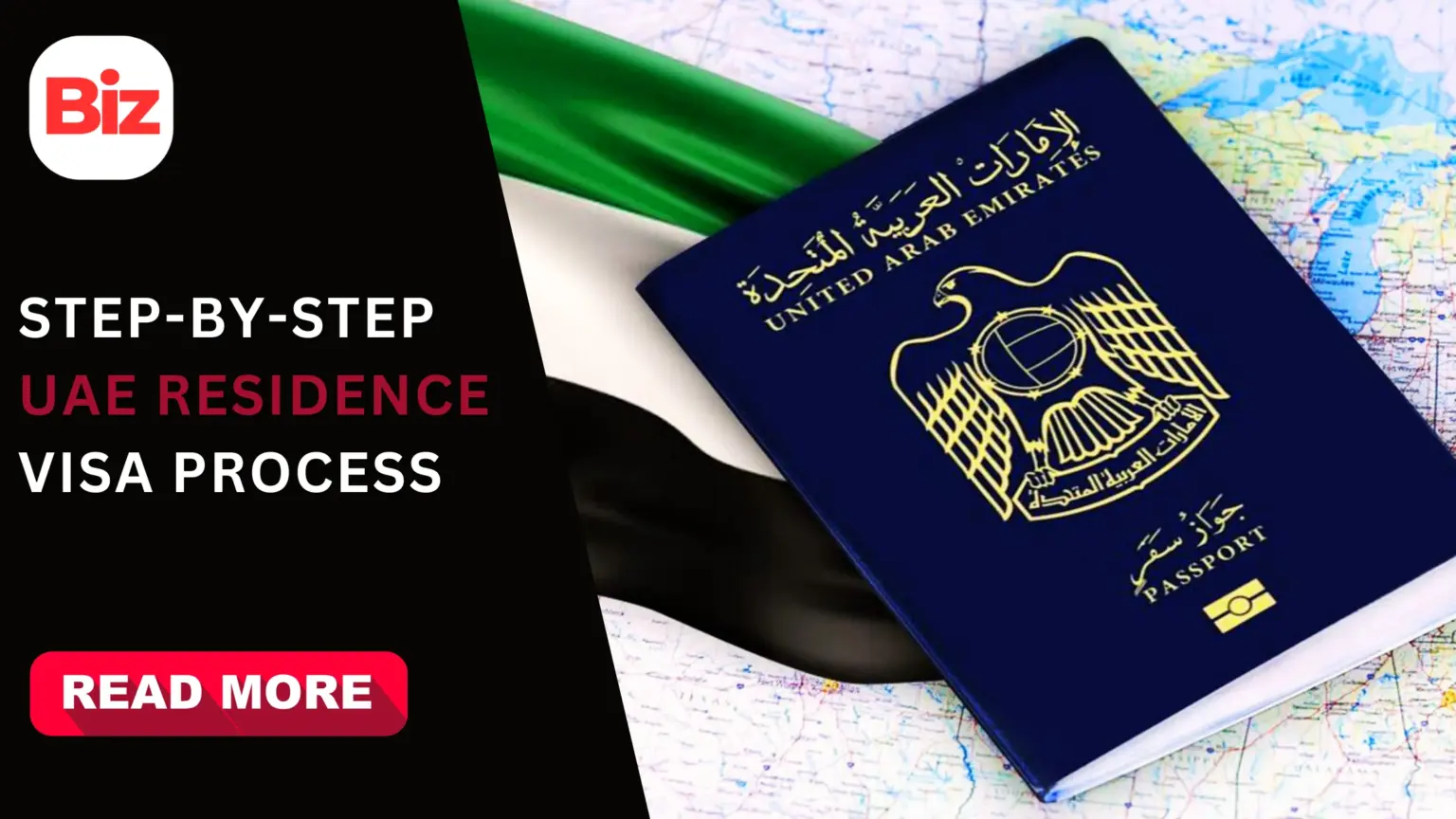- Which visa fits a skilled worker?
- A quick look at the Green visa and salary rules
- Step-by-step: the practical pathway
- Documents you must prepare
- Medical checks, Emirates ID and residency rules
- Timing, fees and renewals
- Practical tips for skilled applicants
- Common issues and how to avoid them
- Conclusion
- Recommended For You
The UAE offers clear routes for skilled professionals to live and work. Understanding UAE residency requirements helps you choose the right path. This guide explains the main visas, the practical steps, and the paperwork you need. It aims to make the process straightforward and actionable.
Which visa fits a skilled worker?
Skilled workers typically follow two main tracks. One is the traditional employer-sponsored work visa. The other is self-sponsorship under the Green visa. The skilled worker visa UAE label often applies to either of these paths, depending on the employer and salary level. The UAE also offers long-term options such as the Golden and Blue visas for high achievers and environmental experts. These programs vary in length and privileges.
A quick look at the Green visa and salary rules
The Green visa allows qualified employees to sponsor themselves for five years. You need a bachelor’s degree or equivalent. You also need to meet the salary threshold set for skilled employees. The minimum salary for this Green visa route is AED 15,000 per month for many skilled roles. Many applicants search for the skilled worker visa in the UAE when evaluating the Green visa.
Step-by-step: the practical pathway
Below is the UAE residence visa process step by step for a typical skilled-hire scenario. Follow these steps closely to avoid delays.
- The employer secures quota approval from MOHRE.
- The employer applies for the entry permit (work permit).
- The employee receives the entry permit by email.
- The employee enters the UAE on the entry permit.
- The employee completes the medical fitness test within the validity of the permit.
- The employer submits the residence visa application to the ICA/ICP.
- The Emirates ID application is filed and biometric registration is completed.
- Health insurance is arranged by the employer.
- The residence visa is issued and linked to the Emirates ID.
- Keep copies of all confirmations and receipts.
Follow the UAE residence visa process step by step to keep every deadline. Employers normally handle most filings. But stay proactive and track each milestone.
Documents you must prepare
Below are the documents required for a UAE residence visa in most work and Green visa cases. Gather these before you begin.
- A passport copy with at least six months’ validity.
- Recent passport-size photos on a white background.
- Signed employment contract or offer letter.
- Attested educational certificates and professional accreditations.
- Medical fitness certificate after arrival (for those 18+).
- Emirates ID application receipt.
- Proof of housing or a tenancy contract when requested.
- Health insurance documents.
- Sponsor’s passport copy and work permit (if employer-sponsored).
Check the documents required for a UAE residence visa early. Missing paperwork causes delays. Keep originals and attested copies ready.
Organize the documents required for a UAE residence visa in a dedicated folder. Use certified translations and attestation where the UAE requires them. That speeds processing.
Medical checks, Emirates ID and residency rules
Applicants aged 18 and above must pass a medical fitness test. You must also clear a background/security check. Residency status links to the Emirates ID system. If you stay outside the UAE for more than 180 continuous days, your residence visa may lapse. Golden visa holders enjoy exceptions to some of these rules.
Timing, fees and renewals
Processing times vary by emirate and by the visa type. Typical employer-led processing can take a few days to a few weeks. Certain steps, like medical screening and Emirates ID biometrics, happen after arrival. Fees vary. Employers often cover application and issuance fees for standard work visas. The UAE no longer requires physical visa stamping in passports for most residents. Instead, visa data links to your Emirates ID.
Practical tips for skilled applicants
If you aim for a skilled worker visa in the UAE, negotiate a clear salary and job grade. Have your degree attested before travel when possible. Request written confirmations for each step from your employer. Keep digital and paper copies of every submission. Use a certified typing or visa service if your employer asks for help. These steps reduce avoidable errors.
Common issues and how to avoid them
Late medical tests and missing attestations cause delays. Overstaying outside the UAE beyond the allowed days can cancel your residency. Do not attempt to work informally on a tourist permit. Confirm that your employer has valid trade license details before proceeding. Report suspected fraud or unusually high private charges to the authorities.
Conclusion
Skilled professionals have multiple, well-defined residency routes in the UAE. Understanding UAE residency requirements shortens the timeline and reduces stress. Follow the UAE residence visa process step by step, keep your documents required for the UAE residence visa well organized, and confirm obligations with your sponsor. Stick to deadlines and keep records. That will help you settle in quickly and legally.
Recommended For You
UAE Residence Visa 2025: Blue Visa, Renewal Process & Affordable Options









Can you be more specific about the content of your article? After reading it, I still have some doubts. Hope you can help me.